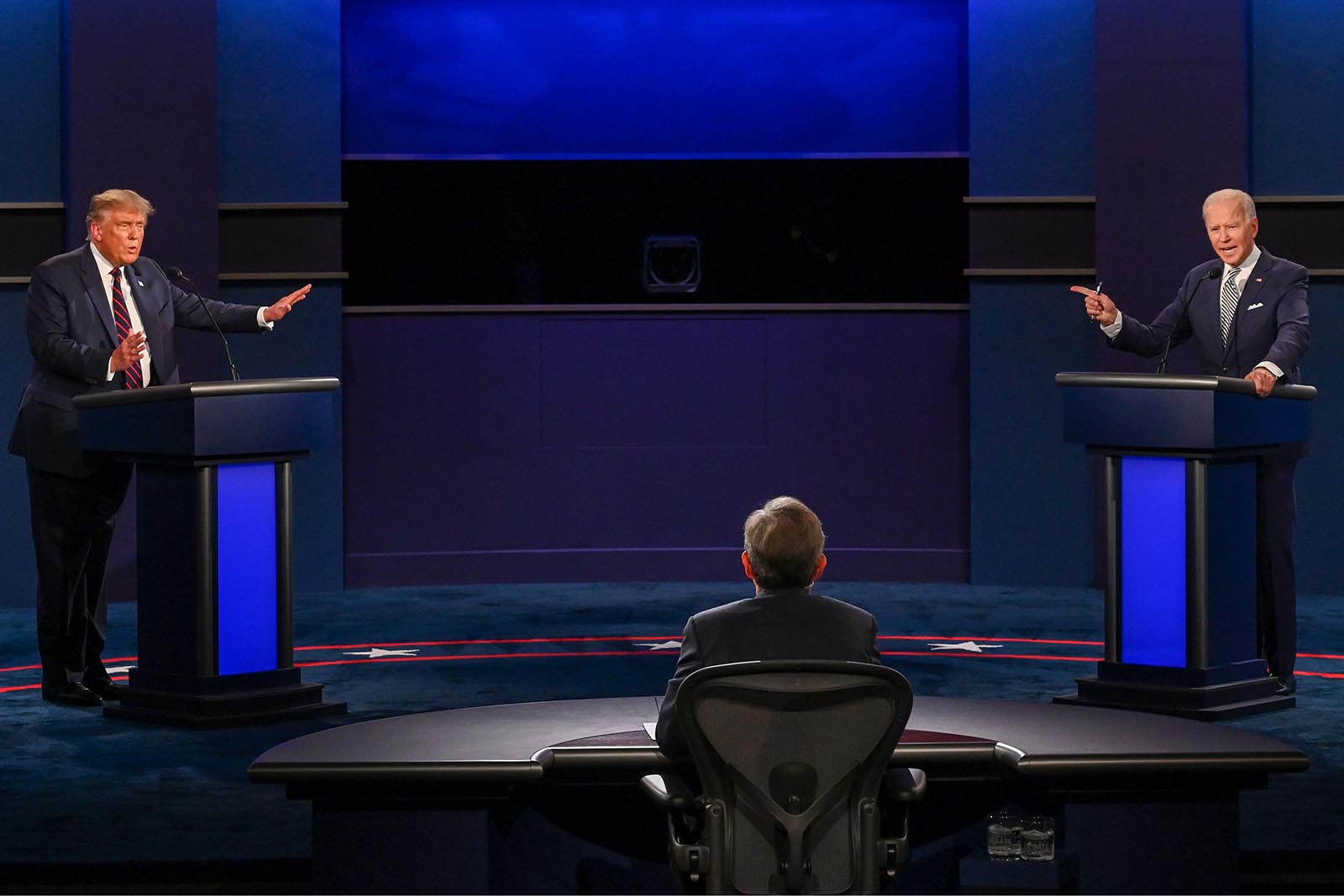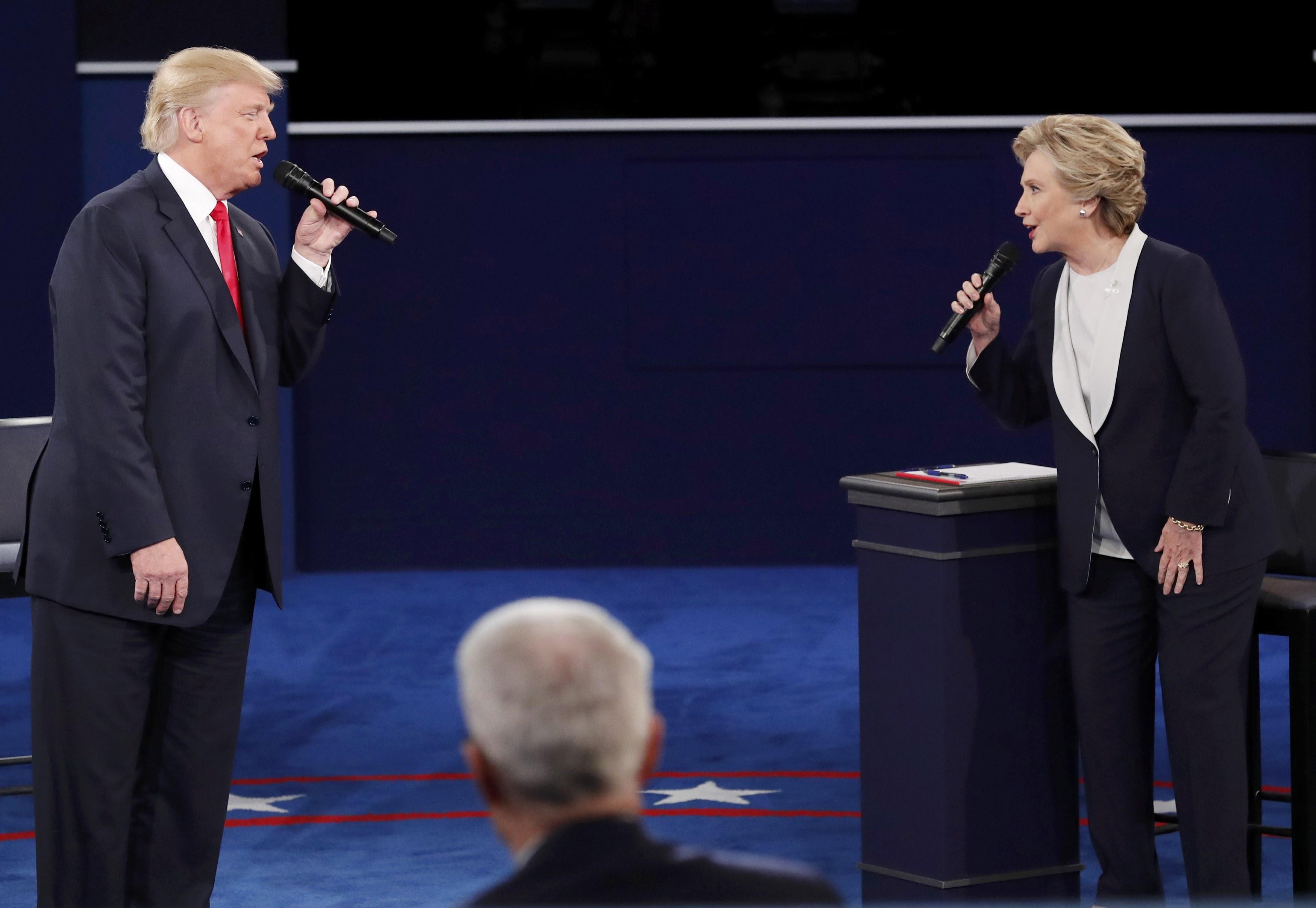Candidate Strategies: Presidential Debate Next Week

Presidential debate next week – Presidential debates offer candidates a unique opportunity to engage with voters, articulate their policy positions, and contrast themselves with their opponents. To maximize their impact, candidates employ a range of strategies, including:
Body Language and Nonverbal Cues
Candidates’ body language and nonverbal cues can convey confidence, empathy, and authority. They may use eye contact to establish a connection with the audience, smile to appear approachable, or use gestures to emphasize their points.
The presidential debate next week promises to be a lively affair, with both candidates sparring over key issues. But before we get caught up in the political fray, let’s take a moment to appreciate the exciting Indiana Fever-Chicago Sky matchup.
These two WNBA powerhouses are set to face off in a thrilling battle for supremacy. Back to the presidential debate, the candidates’ performances will undoubtedly shape the course of the election.
Rhetoric and Language
Candidates’ choice of language and rhetoric can shape the tone and impact of their messages. They may use persuasive techniques such as repetition, metaphors, and appeals to emotion to connect with voters on a personal level.
As the highly anticipated presidential debate next week draws near, one cannot help but wonder about the impact that renowned sports analyst Marina Mabrey could have on the political discourse. With her astute observations and incisive commentary, Mabrey has the potential to bring a fresh perspective to the often-polarized debate landscape.
Her ability to analyze complex issues with clarity and objectivity could serve as a valuable asset to the national conversation, fostering a more informed and nuanced understanding of the pressing issues facing our country.
Key Messages and Policy Positions
Candidates use debates to highlight their key messages and policy positions. They may focus on issues that are important to their base or attempt to broaden their appeal by addressing concerns of undecided voters.
As we approach the presidential debate next week, it’s important to stay informed and engaged. Among the many candidates, one standout is Marina Mabrey , a rising star known for her sharp intellect and commitment to progressive values. Her presence in the debate will undoubtedly bring fresh perspectives and insightful commentary.
As we tune in to witness the clash of ideas, let’s not forget the crucial role that candidates like Marina Mabrey play in shaping the future of our nation.
Successful Debate Strategies
Successful debate strategies include:
- Staying on message and avoiding distractions
- Presenting clear and concise policy positions
- Using effective body language and nonverbal cues
- Anticipating and responding to opponents’ attacks
Unsuccessful Debate Strategies
Unsuccessful debate strategies include:
- Getting bogged down in personal attacks
- Appearing unprepared or evasive
- Using overly technical or jargon-filled language
- Failing to connect with the audience
Policy Discussions

The upcoming presidential debate is expected to focus on a wide range of policy issues, including healthcare, the economy, climate change, and immigration. These issues are of critical importance to voters, and the candidates’ positions on them could have a significant impact on the outcome of the election.
One of the most important issues in the debate will be healthcare. The candidates have very different views on how to reform the healthcare system, and their plans could have a major impact on the lives of millions of Americans. One candidate supports a single-payer system, while the other favors a more market-based approach. Both candidates have promised to lower healthcare costs, but it remains to be seen how they will achieve this goal.
The Economy
The economy is another key issue in the debate. The candidates have different views on how to create jobs and grow the economy. One candidate supports increasing government spending on infrastructure and education, while the other favors tax cuts and deregulation. Both candidates have promised to improve the economy, but it remains to be seen how they will achieve this goal.
Climate Change
Climate change is another important issue in the debate. The candidates have different views on how to address climate change, and their plans could have a major impact on the environment. One candidate supports the Paris Agreement and has promised to invest in renewable energy, while the other has said that he will withdraw from the Paris Agreement and has promised to promote fossil fuels. Both candidates have promised to protect the environment, but it remains to be seen how they will achieve this goal.
Immigration
Immigration is another key issue in the debate. The candidates have different views on how to reform the immigration system, and their plans could have a major impact on the lives of millions of immigrants. One candidate supports a path to citizenship for undocumented immigrants, while the other has promised to build a wall on the border with Mexico. Both candidates have promised to secure the border, but it remains to be seen how they will achieve this goal.
Media Coverage

The media plays a crucial role in shaping public opinion during presidential debates. Their coverage can influence how voters perceive the candidates, their policies, and the overall tone of the debate.
The media’s coverage of presidential debates has evolved over time. In the early days of television, debates were seen as a major event, and the media’s coverage was largely uncritical. However, in recent years, the media has become more critical of debates, and their coverage has often focused on the candidates’ gaffes and mistakes rather than their substance.
Influence on Public Opinion
The media’s coverage of presidential debates can have a significant impact on public opinion. Studies have shown that voters who watch debates are more likely to vote for the candidate who is perceived to have won. This is because the media’s coverage can shape voters’ perceptions of the candidates and their policies.
For example, in the 1960 presidential debate between John F. Kennedy and Richard Nixon, Kennedy was widely seen as the winner. This was largely due to the fact that he appeared more confident and articulate than Nixon, and the media’s coverage of the debate reflected this.
Past Examples, Presidential debate next week
The media’s coverage of presidential debates has also been shown to influence the outcome of elections. In the 1980 presidential debate between Jimmy Carter and Ronald Reagan, Reagan’s strong performance in the debate is often credited with helping him to win the election.
Similarly, in the 2016 presidential debate between Hillary Clinton and Donald Trump, Trump’s controversial comments about women and immigrants are believed to have cost him the election.
The upcoming presidential debate next week is sure to be a heated affair, with both candidates vying for the support of the American people. But before we get too caught up in the political drama, let’s take a moment to appreciate the thrilling matchup between the Indiana Fever and the Washington Mystics.
The player stats for this game are sure to be off the charts, so be sure to tune in for some high-octane basketball action. After that, we can all get back to debating the finer points of our political system.
The presidential debate next week is sure to be a heated affair. The two candidates have very different views on the issues, and they’re both eager to make their case to the American people. Read more about the presidential debate next week to get all the details on the candidates, the issues, and the stakes involved.